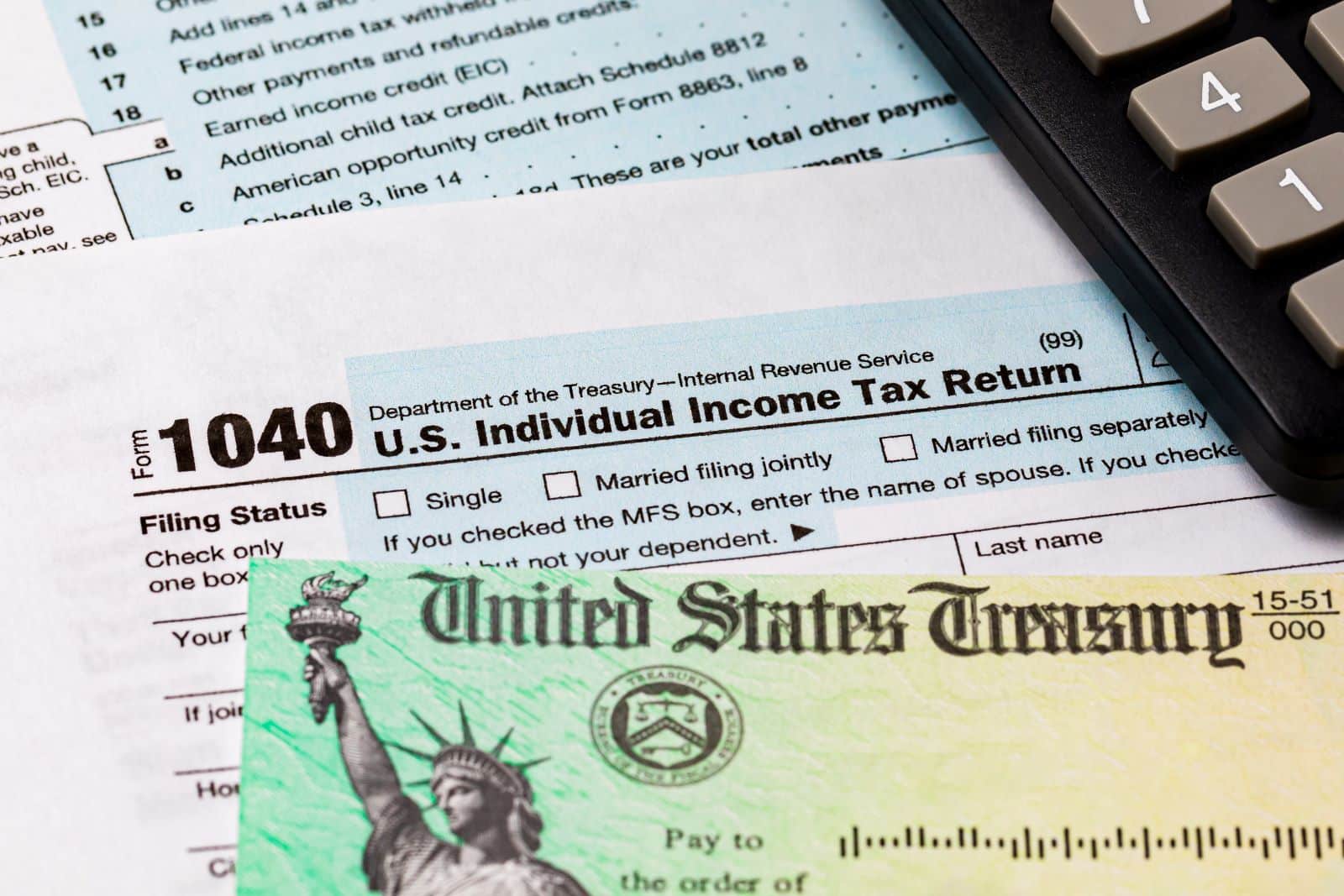Selling a home can be a significant financial event, especially for those approaching retirement. Understanding capital gains tax and its implications is crucial for homeowners who stand to profit substantially from their property sales. There are significant challenges and multiple options for homeowners that stand to benefit from downsizing.
Understanding Capital Gains Tax

Capital gains tax applies when you sell an asset like real estate for more than its purchase price. For long-term assets held over a year, the tax rates are 0%, 15%, or 20%, depending on your income. This tax also varies by state, with some states applying their own rates.
Home Sale Gains and Exclusions

The IRS provides exclusions for capital gains on home sales. For those that have lived in their home for two of the past five years, it may be possible to exclude a significant portion of a gain from taxation. This exclusion is capped at $500,000 for married couples filing jointly and $250,000 for single filers.
Calculating a Potential Tax Bill

Tax liabilities hinges on one’s filing status and the amount of gain. For instance, a married couple netting $640,000 from a home sale could exclude $500,000, leaving $140,000 subject to tax. The exact tax depends on the tax payer’s income bracket.
Strategies for Reducing Tax Liability

Several strategies can help mitigate capital gains tax. Accurately calculating a cost basis, including the cost of improvements to the home, can reduce the taxable gain. Additionally, offsetting gains with investment losses can further lower tax bills.
The Role of Cost Basis

The cost basis includes the purchase price plus any eligible home improvements. By increasing a property’s cost basis, it is effectively reducing the taxable gain, potentially saving thousands in taxes.
Harvesting Investment Losses

Selling assets at a loss can also offset taxable gains. For example, stocks sold at a loss can reduce the taxable portion of the profit from the sale of a home, thereby decreasing an overall tax obligation.
Utilizing a 1031 Exchange

A 1031 exchange makes it possible to defer capital gains tax by reinvesting the proceeds into another property. However, this strategy is typically limited to investment properties, not personal residences.
Temporary Nature of 1031 Exchanges

It is important to note that a 1031 exchange doesn’t eliminate taxes but merely defers them. Future property sales will eventually trigger tax liabilities.
Limitations of Tax Avoidance Strategies

While these strategies can be beneficial, they have limitations. Inheritance situations, property types, and residency requirements can all impact the ability to use these tactics.
Exclusion Limits

The IRS caps the amount that can be excluded from taxation. Gains exceeding the exclusion limit or without sufficient offsetting losses may still be taxable.
Property Eligibility

Not all properties are eligible for capital gains exclusion. For example, vacation homes and investment properties don’t qualify for the same benefits as primary residences.
Residency Requirements

Tax payers must have lived in the home for at least two out of the last five years to qualify for the exclusion. Documentation like tax returns and utility bills may be required to prove residency.
Impact on Retirement Planning

Selling one’s home and downsizing can significantly affect planning. It’s important to understand how this decision fits into overall financial strategies.
Seeking Professional Advice

Given the complexities of capital gains tax, consulting a financial advisor is advisable. They can provide personalized advice tailored to specific situations.
Exploring Compliance Risks

Ensuring compliance with tax laws is crucial. Missteps can lead to audits or penalties, making it important to understand and adhere to IRS rules.
Financial Planning for Home Sellers

Retirement often prompts a reevaluation of finances. Those selling a home for retirement should consider how the proceeds will support future lifestyle and financial goals.
Maximizing Financial Outcomes

Strategic planning can help maximize the financial benefits of selling a home. This includes exploring tax-saving strategies and understanding the impact on long-term financial health. Taking a proactive approach to tax planning is key.
Careful Planning

Selling a home, particularly when heading into retirement, involves navigating the complexities of capital gains tax. Careful planning will help ensure that the proceeds from such a major life event contribute positively to long-term financial stability and retirement planning.
The post Save on Taxes: Home-Selling Tips for Retirees first appeared on Thrift My Life.
Featured Image Credit: Shutterstock / PeopleImages.com – Yuri A.
The content of this article is for informational purposes only and does not constitute or replace professional financial advice.

